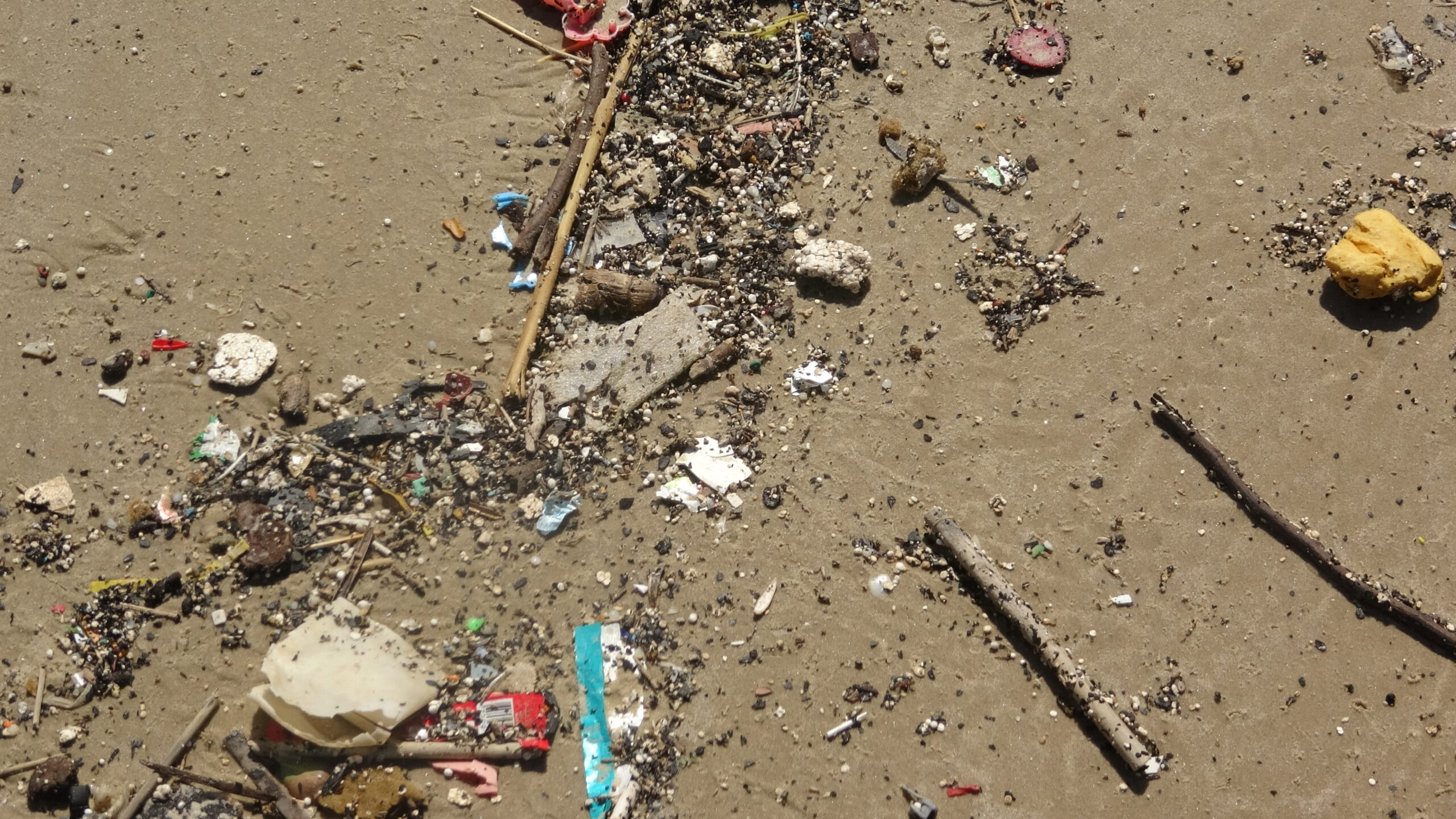Reading this blog post is estimated to take about 3 minutes. In that same stretch of time, 3,000,000 plastic bottles will be purchased around the world. Estimations are that at least 50% of those bottles will be used only once before being thrown away.
Deeply dedicated to making plastic pollution a problem of the past, I co-founded and am the CEO of Biotic to make this dream a reality.
We create PHBV polymers from renewable feedstocks including macroalgae and organic waste that return back to nature leaving no toxic residue. Our PHBV polymers offer a way to produce fully biodegradable plastic products. Our technology is at the cutting edge of circular material innovation. However, as we strive to advance our solutions, we’ve encountered a significant hurdle: the methodological limitations of life cycle assessments (LCAs) in accurately evaluating the environmental performance of biodegradable materials compared to traditional fossil-based plastics. As a result of these methodological shortcomings, traditional production methods can be favored over circularity at the detriment to deployable, more environmentally conscious technologies.
A life cycle assessment (LCA) is a comprehensive framework used for analyzing and assessing the environmental impact of goods and services throughout various stages in the supply chain. The tool is used to quantify the attributes of a product in terms of human health, resource consumption, and environmental considerations from the raw materials used in its production to the end-of-life waste management. It is often based on 18 criteria issues such as energy, material and water use, and climate impact. And while the International Organization for Standardization (ISO) created requirements for an LCA, they do allow flexibility for practitioners to make methodological choices that can significantly impact results.
An LCA is conducted in 4 steps:
- Goal and scope – Define research questions, impacts, data, and boundaries.
- Life cycle inventory – Collect, verify, and analyze data.
- Life cycle impact assessment – Quantify environmental impacts.
- Interpretation – Present results, contextualize, and discuss limitations.
The majority of LCAs focus on greenhouse gas emissions associated with a product. One major issue born out of this is that carbon emissions are overemphasized, and end-of-life impacts are underemphasized. LCAs often assume that all plastic is recyclable and that it will be subject to effective waste management infrastructure, despite the fact that less than 10% of plastic is recycled and over 20% is mismanaged globally. This oversight leads to the underestimation of the environmental impact of plastics, as a significant amount of waste ends up polluting our oceans and landscapes, harming ecosystems and human health.
Plastic manufacturing and consumption is expected to continue increasing exponentially. There are multiple efforts underway to better estimate plastic leakage and impacts on ecosystems, but are so far not solidified. In this crisis, we do not have the luxury of time; the earth’s boundaries demand that we alter production to produce more environmentally sustainable results. There is no magic bullet technology, but there has to be a better way for bio-based products to showcase their environmental value in relation to core concepts of circularity. Reach out if your business is facing similar issues and let’s see how we can collaborate to overcome this barrier in pursuit of a future free of plastic pollution.
